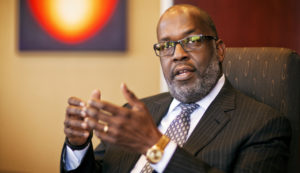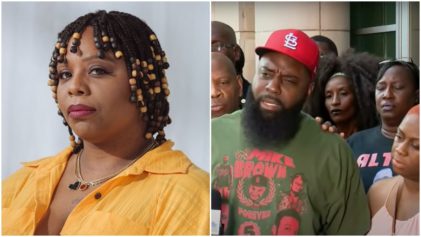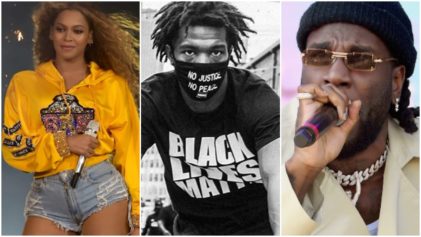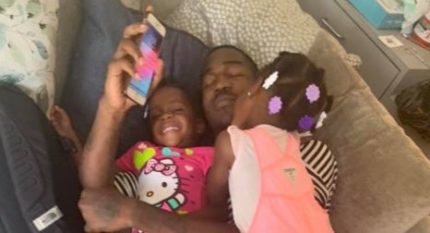Bernard Tyson is African-American and the CEO of Kaiser Permanente, the largest health management organization in the country and, with revenues of $55 billion, the equivalent (if it weren’t a non-profit) of the 57th largest company in the U.S.—ahead of Coca-Cola.
Yet Tyson wants white America to know that even with his lofty, exclusive job, even with his multimillion-dollar salary, he still suffers from painful incidents of racism and discrimination as a Black man in America.
While the issue of systemic racism and America’s broken criminal justice system rages across the country in the form of angry nightly protests, the CEO used the pages of Newsweek magazine to share his tales of insult and offense, seizing on this moment when perhaps white America might be more apt to listen. His words certainly won’t be surprising to African-American males or females, who have long known that a fancy job or a shiny expensive suit is never enough to shield even the most successful Black person from the slings and arrows of racism.
But though the stories sometimes sound redundant, they still seem to take many white people by surprise when they hear them—proving that if your goal is to open the eyes of white America to its own racist ways, then a recounting of the stories over and over is essential.
Tyson says in the beginning of his piece that he didn’t write his essay—entitled “The Black Male Experience from the C-Suite to the Street”—to complain, but instead to offer hope that the current turmoil allows America to start a new chapter “based on better understanding of race relations.”
“You would think my experience as a top executive would be different from a black man who is working in a retail or food-service job to support his family,” Tyson writes. “Yet, he and I both understand the commonality of the black male experience that remains consistent no matter what the economic status or job title.”
Noting the imagery that America often uses when talking about Black men—such as Ferguson police officer Darren Wilson describing 18-year-old Michael Brown with the words “hulking” and “demon”—Tyson says these words “bring up images going back to the days of slavery.”
To illustrate how much negative attitudes about Black males persist, Tyson presents examples from incidents that happened to him in the past couple of months:
“Recently I was shopping in an upscale store, and I was being watched and also followed by an overly anxious person. This was not someone trying to be helpful, but someone who was assessing why I was there. Other shoppers did not have ‘help’ following them throughout the store,” he writes.
“I have gone to dinner at fine restaurants and had the food server explain the tipping program, since apparently black men don’t understand this concept,” he continues.
“Sometimes I observe two or three white customers ahead of me and after me pay by credit card—and I am the only one singled out to provide proof of who I am before I can make my purchase,” he adds. “Most CEOs when they are out exercising don’t have car doors locked as they walk by or women move to the other side of the street hugging their purses. Even as a CEO, the black male experience is my reality.”
Tyson says when he was in his early 20s he was disrespected by a police officer, but he refrained from exploding in anger and frustration because he remembered the lessons he was taught by his father about what to do when confronted by a police officer.
“If I acted out how I was feeling at the time, I might not be here today,” he writes.
Tyson ends his piece by offering America some solutions that he believes “have great potential to revolutionize race relations.”
His ideas include requiring police to wear body cameras “as the first major step to protect both individuals and the police officers.”
He says the nation must support school and church leaders who work with youth and adults in neighborhoods.
“We must engage community activists to sit down with police, the government and local businesses to work together in different ways,” Tyson writes. “Over time we will see the current environment of police officers going to white neighborhoods to ‘protect and resolve issues’ and going into black neighborhoods to ‘combat and control’ change to become a culture of police officers being in all neighborhoods to protect and participate.”
” I love this country and we’ve made so much progress, but we’re not there yet,” Tyson says.



